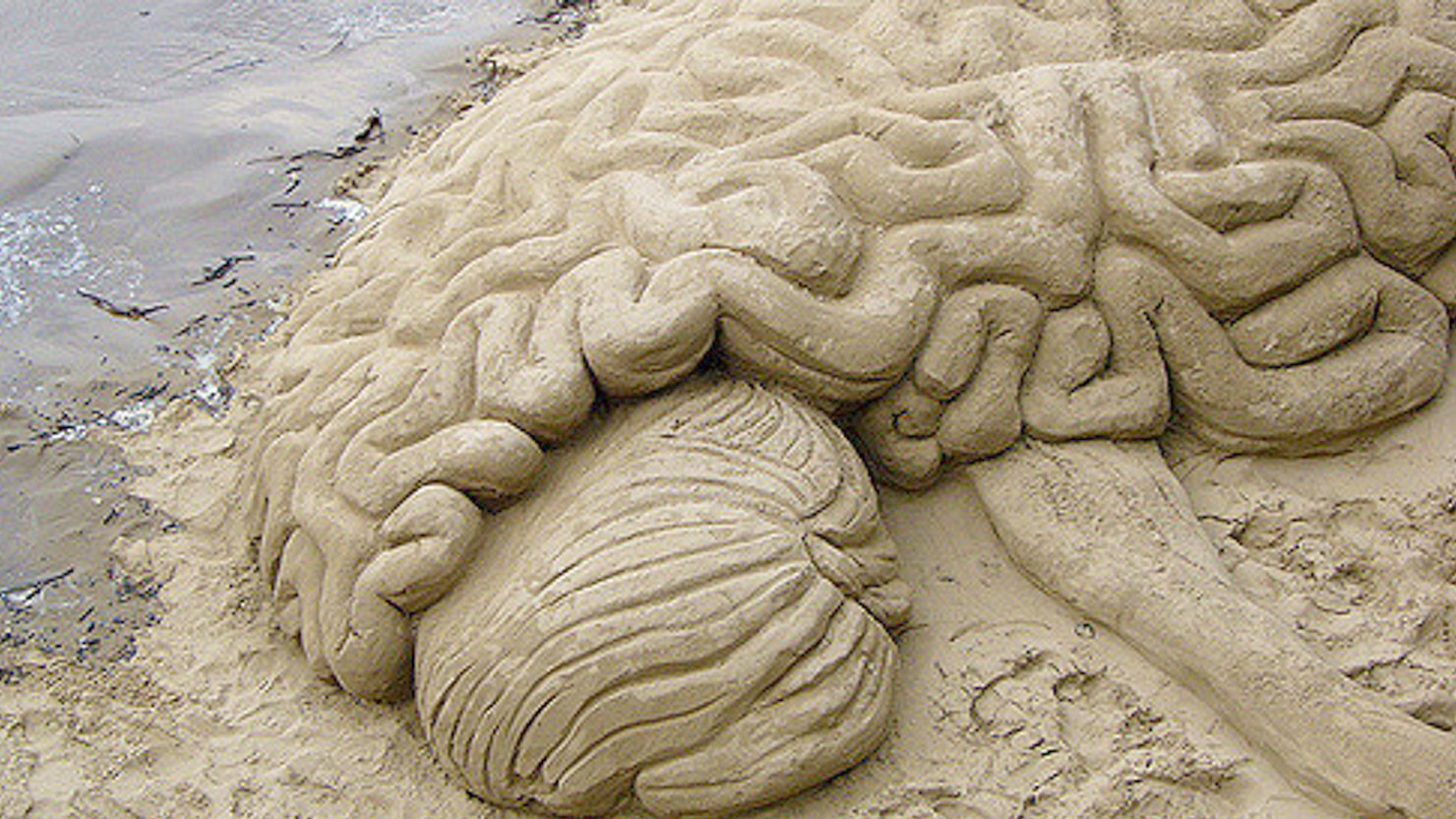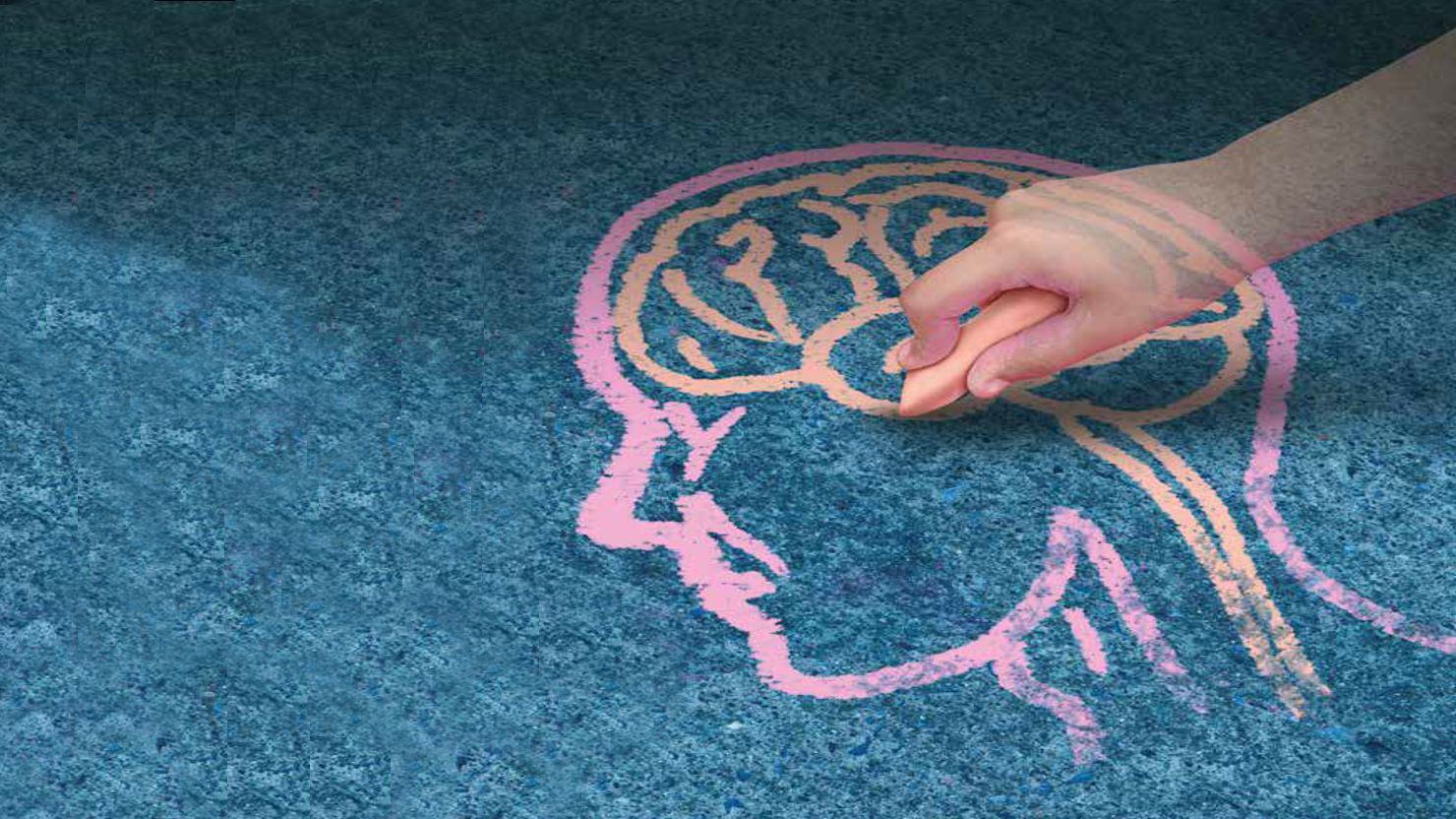About our Department
Our research
Mission statement
Our mission is to innovate and optimise the diagnosis, treatment and prevention of severe mental health disorders in a medical context. The research conducted herein comprises applied, clinical and translational studies.
Overall research description
Brain disorders should be considered one of the 21st century’s top global health challenges as they constitute the largest burden of disease, both within Europe and worldwide (Wittchen, 2011).
Our understanding of the underlying etiology and pathophysiology of mental illness is necessary to create healthy changes for future generations. Yet, the study of the human brain is often challenging and difficult due to high complexity of this organ and the multifactorial nature of emotions and cognition.
Furthermore, the stigma of mental illness remains a profoundly significant barrier to early-intervention and treatment continuity, thereby perpetuating the consequences of psychiatric illness for patients, families, healthcare providers, and society.
Therefore, to address these complementary and interconnected aspects of mental illness, our department has undertaken specific areas of intense research focus within our research program from 'bench to bedside to society'.
- Neurobiology of Mood & Psychotic Disorders
- Applied social and forensic psychiatry
- Medical psychology
Research Lines
Research Lines, Groups and Labs
Our scientific research is organized into main Research Lines Groups that are distinguished by their complementary methodological approaches.
The Research Lines Groups cooperate naturally. Applied Social and Forensic Psychiatry applies neurobiological (biomarker and genetic) approaches in collaboration with our laboratory of Neurobiology of Mood & Psychotic Disorders. Mood (and its medical perspectives) is also often a study focus area in the Medical Psychology Research Line.
Projects
Publications
Information about our publications can be found on Psychiatry - Research - output - Erasmus University Rotterdam
Facilities
Erasmus Centre for Animal Research (EDC)
The research group Neurobiology of Mood & Psychotic Disorders makes extensive use of the EDC facilities for the transgenic mouse modelling of psychiatric disorders, including behavioural, imaging and electrophysiological studies.
The Generation R Study
Multiple research lines within the department collaborate closely with the Generation R facility in areas such as the iBerry study. The research group Neurobiology of Mood & Psychotic Disorders participates in research on genomic data, brain imaging and mental health outcomes.
Genomic
The Neurobiology of Mood & Psychotic Disorders group works closely with the genomics facility at the Erasmus MC for microarray genotyping, whole exome sequencing and RNA sequencing.
iPS Facility
The research group Neurobiology of Mood & Psychotic Disorders collaborates closely with the iPS Facility in areas such as patient cellular reprogramming and neural lineage differentiation.
Proteomics
The faculty of Neurobiology of Mood & Psychotic Disorders has conducted several projects in collaboration with the Proteomics facility.
Collaborations
Regional and national collaborations
Dutch ministries expect University Medical Centers to play a regional and national coordinating role. This position provides us with the opportunity to involve other regional and national partners in our research, giving us the necessary financial and statistical critical mass to conduct our studies.
Neurobiology of Mood & Psychotic Disorders has a strong national collaboration through the Institute for Human Organ and Disease Model Technologies. Here, prof. Kushner is the theme coordinator for brain-on-chip projects and member of the Netherlands Organ-on-Chip Initiative (NOCI) NOW Gravitation award consortium.
Prof. van Busschbach has a strong history of cooperation with the Erasmus School of Health Policy and Management for the EQ-5D questionnaire and other quality of life research. Applied Social and Forensic Psychiatry has extensive collaboration with regional mental health care providers, which offers strong academic support for regional community mental health centers.
International collaborations
We have built a strong collaborative network of institutes. Kings College London and the University of Oslo are important partners in the prevention of coercion and outpatient psychiatry, while the University of Sydney collaborates with us on the Mental Health Living Longer Project.
Moreover, we participate in a large international consortium (ICHOMS) for determining internationally-standardised criteria for key performance indicators for psychosis. We work closely with scientists from the Champalimaud Foundation Neuroscience Program (Lisbon) on advanced methodologies for in vivo imaging, with Columbia University (New York, USA) regarding functional genomic analyses, with Ben Gurion University (Israel) on the ascertainment of consanguineous families with Mendelian patterns of severe mental illness, and with the University of Toronto (Canada) on human-induced pluripotent stem cell modelling.
Regarding peripartum psychiatry, we collaborate closely with Mount Sinai (New York, USA), the university of Aarhus (Denmark) and the NIH (Bethesda, USA).
Prof. Kushner also serves as the Netherlands representative to the Federation of the European Neuroscience Societies (FENS) Council, and has leading roles in several European Commission grants (PerMed, NEURON and FET-CONNECT). Prof. van Busschbach is the chair of the international EuroQol Group, and leads research for the EQ-5D questionnaire.
BSc and MSc students
Research projects for students
The master thesis phase provides an unique opportunity for both medical and non-medical (psychology, remedial education, and other related studies) students to come in touch with medical science. Master students are welcome to participate in current research at the department of Psychiatry of the Erasmus MC.
Specific information about requirements of the master thesis projects for medical students can be found on: Masteronderzoek Erasmus University Rotterdam (EUR)
Both medical and non-medical students can apply for the projects described below. For medical students: all topics have the approval of the OSC of the Erasmus MC (See also Projectendatabase of the Erasmus University Rotterdam.
Contact
Other topics in the field of clinical, neurobiological, social, forensic, or epidemiological psychiatry can be formulated after consultation with the Master Thesis Coordinator of the department of Psychiatry Dr. N. Grootendorst – van Mil. Email: n.grootendorst@erasmusmc.nl
For specific topics in Medical Psychology: students interested in the field of psycho-oncology, stress and PTSD in patients in a medical setting may contact Dr. L.W. Kranenburg Email: l.kranenburg@erasmusmc.nl for information on research paper opportunities on these topics.
Dissertations
Information about our dissertations can be found onPsychiatry - Doctoral Thesis - Erasmus University Rotterdam













